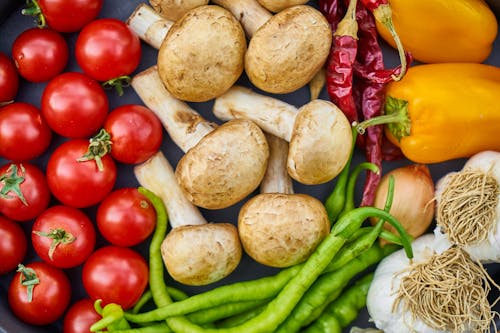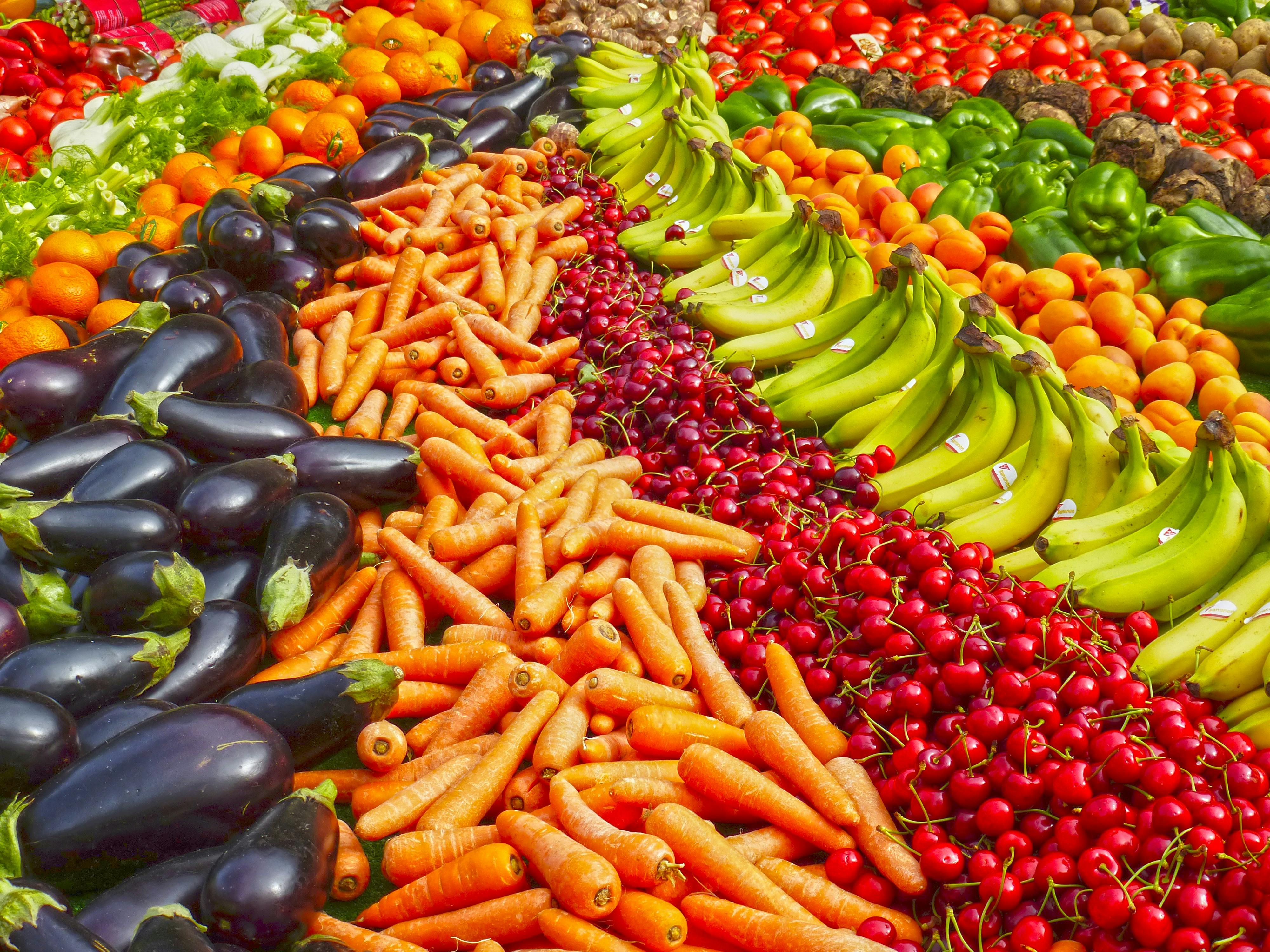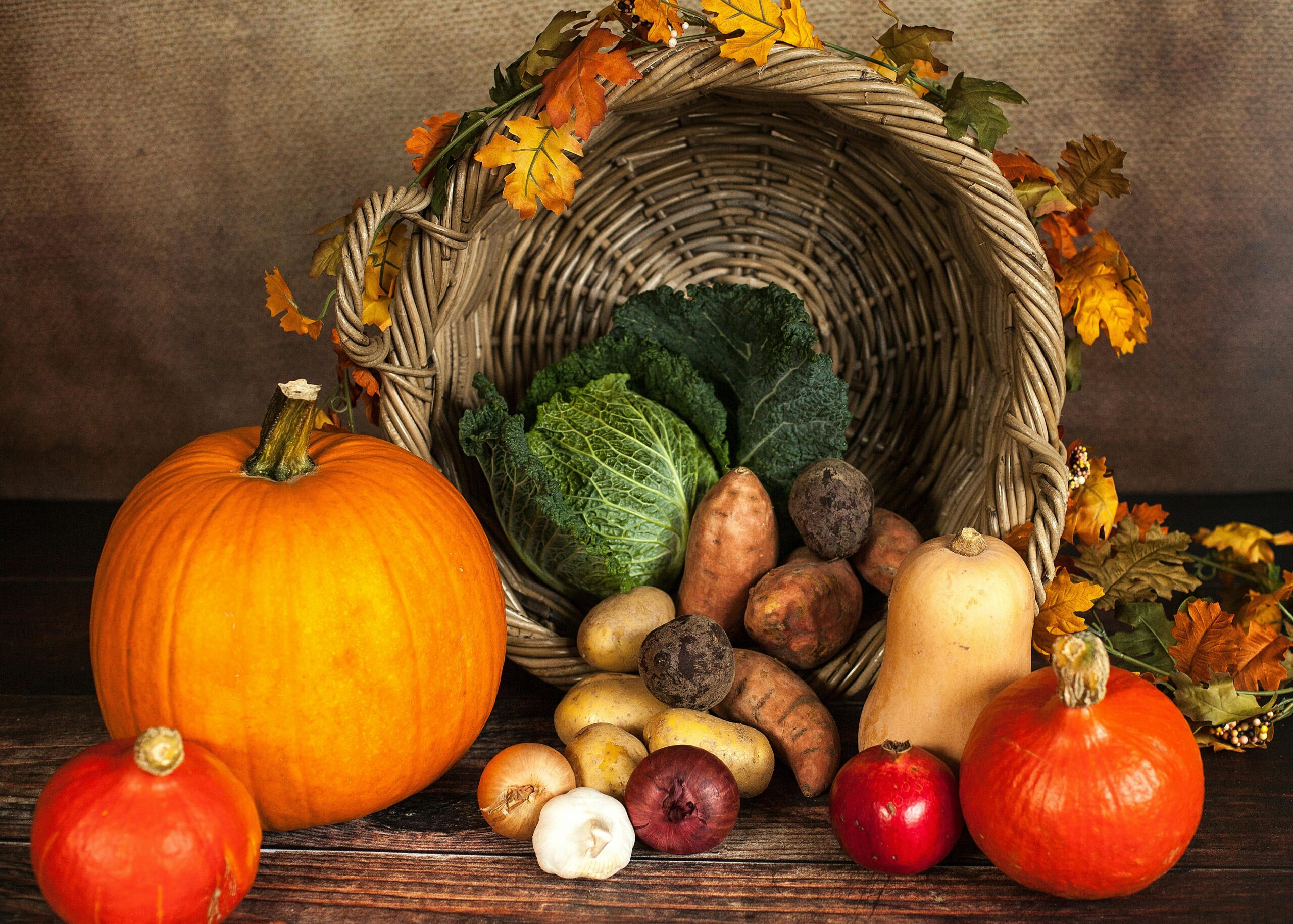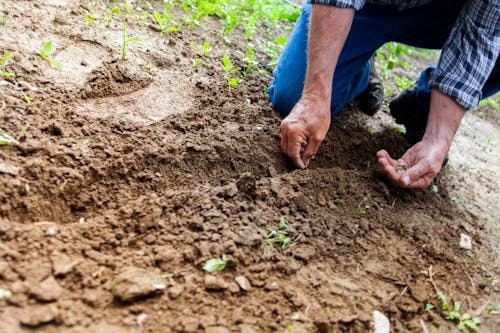Getting started with an organic vegetable garden is both rewarding and beneficial for your health and the environment. By growing organic vegetable plants without synthetic pesticides or fertilizers, you’ll be providing nutritious, chemical-free produce for your family while promoting sustainability.
Benefits of Organic Vegetable Gardening

- More nutrient-dense produce
- No harmful pesticide residues
- Supports eco-friendly practices
- It costs less than buying organic produce
Planning Your Organic Garden
Choose a sunny location with well-draining soil. Make raised beds for better drainage if needed. Pick crops suited to your climate and create a layout separating tall plants from shorter ones.
Preparing the Soil Organically
Build fertile soil with compost made from decomposed organic matter like leaves, vegetable scraps, and manure. Sprinkle rock powders to add minerals. Use mulch to retain moisture.
Choosing Organic Vegetable Plants

Select organic, non-GMO seeds or transplants from a reputable supplier. Opt for disease-resistant, heirloom varieties when possible. Some of the top organic options include tomatoes, peppers, leafy greens, root vegetables, and herbs.
Caring for Plants Naturally
Water deeply and apply compost tea foliar sprays for nutrients. Implement companion planting and attract beneficial insects. Pull weeds regularly and use row covers to deter pests.
With some simple preparation and organic methods, you can cultivate a productive vegetable garden free from harsh chemicals. Enjoy the fresh flavors and peace of mind that come from organic gardening!
FAQ’s
Q: What are the benefits of growing organic vegetable plants? The main benefits include more nutrient-dense produce, avoiding harmful pesticide residues, environmentally-friendly gardening practices, and cost savings compared to buying organic vegetables.
Q: How do I prepare the soil organically? Build fertile soil by mixing in compost made from decomposed organic matter like leaves, vegetable scraps, and manure. You can also add rock powders to provide minerals and use mulch to retain moisture.
Q: Where can I get organic, non-GMO seeds or transplants? A: Purchase from a reputable supplier that specializes in organic, non-GMO seeds and plant starts. Some good options are heirloom varieties known for their disease resistance.
Q: What are some recommended organic vegetables to grow? A: Great choices include tomatoes, peppers, leafy greens like lettuce and spinach, root vegetables like carrots and beets, and culinary herbs.
Q: How do I care for organic plants without synthetic products? A: Water deeply and fertilize with compost tea foliar sprays. Use companion planting, attract beneficial insects, hand-pull weeds, and cover crops with row covers to deter pests.
Q: Is it really worth the extra effort to go fully organic? A: Yes! Organic gardening avoids chemicals while providing very flavorful, nutrient-rich produce for your family in an environmentally sustainable way.



